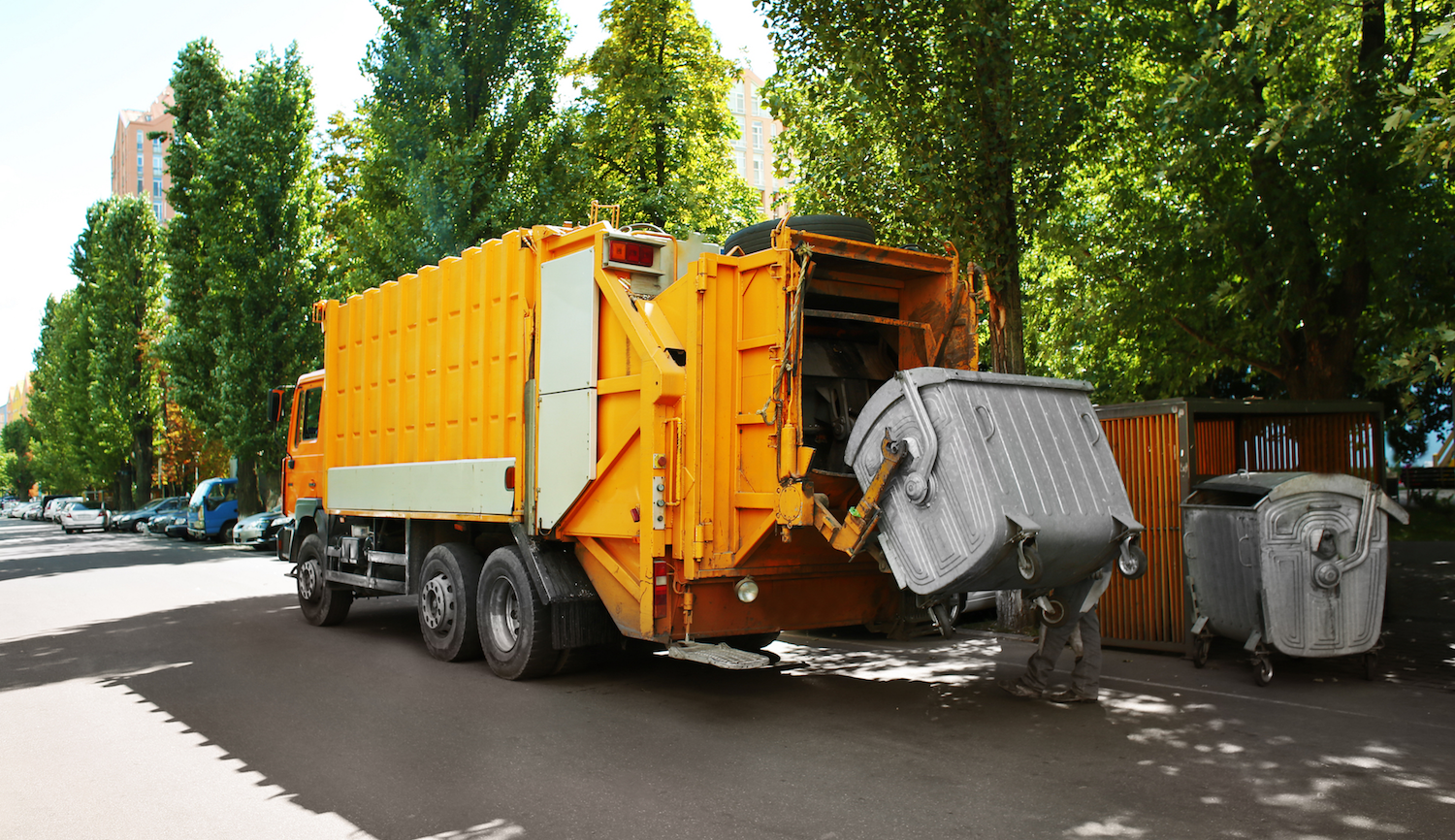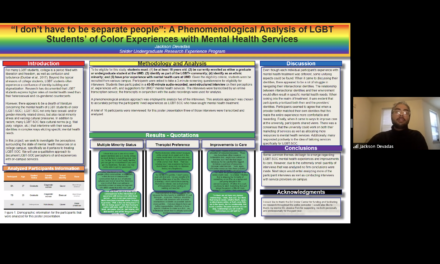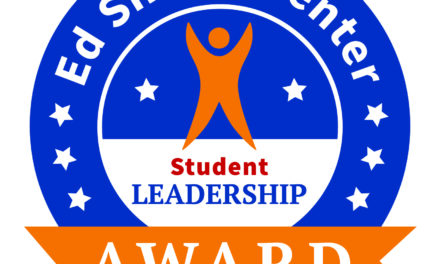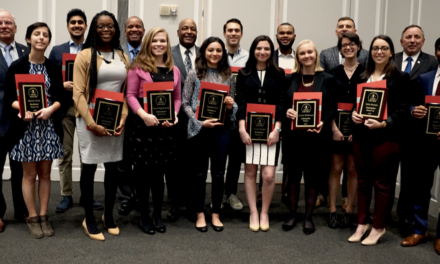Alumni Spotlight
A Smarter Way to Manage Waste
A Smarter Way to Manage Waste

One summer day about ten years ago, Jason Gates noticed a problem. He was working in Manhattan for a firm that was constructing tunnels for the new Second Avenue subway line. “There were a lot of waste containers, and it was difficult for us to keep track of them,” recalled the San Francisco-based entrepreneur in a recent phone interview. The containers were always being moved around, so Gates and his colleagues often did not know where they were located. And due to all the moving, sometimes the containers were barely filled and did not need to be picked up. “I figured that there had to be a better way to manage our waste. The status quo was very inefficient.”
That better way has evolved into Compology, a company, which Gates, who earned his undergraduate degree in civil engineering from the Smith School in 2011, co-founded with Ben Chehebar, a high school classmate, in 2012. Compology supplies waste management firms with sensors. These ingenious devices, which feature tiny cameras, generate all sorts of data, including the location of dumpsters, their tilt and the amount of garbage that has piled up. By enabling haulers to know precisely when they need to pick up trash, the sensors typically reduce costs by 30 to 50%. By avoiding unnecessary pick-ups, companies save on various expenses, including gas and labor.
Today, Compology employs 90 workers and services clients in 38 states and in all 13 Canadian provinces and territories. And Silicon Valley has recently emerged as Gates’ biggest fan. Last year, twelve cities in California, including Palo Alto and Menlo Park, enacted laws requiring their waste management firms to use his company’s software. While Compology now has competitors such as Eenvo and SmartBin, it is the only firm to use an image-based technology, and this distinguishing feature of its sensors led to its selection by local government officials in these cities.
Gates did not solve the vexing problem that he first identified on his summer job a decade ago all by himself. But he took the important first step when his mind began cranking out all kind of questions—something that he had learned to do in his sophomore year when he enrolled in the Quality Enhancement Systems and Teams (QUEST) Honors Program run by Joseph P. Bailey, Research Associate Professor in the Decisions, Operations, and Information Technology department at the Smith School. “The QUEST program taught me to think critically and to ask questions such as ‘How does the world work?’, ‘Why is it that way?’ and ‘How can we make it better,’” added Gates. Students in QUEST learn about innovation by working with real-world companies in small groups. “In my day, the defense contractor, ATK, [today Orbital ATK] presented us with some of its problems,” Gates said.
Throughout college, Gates discussed his questions about waste management with his business partner, Ben Chehebar. As undergrads, the two high school classmates had started a small company that made T-shirts. “We started working together to make a little money to pay for beer,” Gates said. After graduation Ben was working at Adidas, which had recently rolled out a sensor that could help runners keep track of their performance. “Ben had the idea to place sensors in waste containers,” said Gates.
In the middle of 2012, Gates and Chehebar quit their jobs to work full-time on Compology. “We lived on credit cards and ate a lot of pasta for about a year and a half,” said Gates.
In early 2014, they signed up their first customer, even though they had not yet finalized the product. But six months later, the firm, which eventually raised tens of millions in financing, was fully functional.
“The mind-set that I learned in QUEST is still in everything I do,” stressed Gates. “It’s part of our company’s culture. We are constantly asking ourselves internally if we are doing things in the most efficient way. We never stop looking for ways to improve.”
Gates also argues that his technological innovation does more than just affect the bottom-line. “There are also all kinds of secondary benefits,” noted Gates. “Companies don’t use their trucks as much, so there is also less noise pollution and fewer carbon dioxide emissions.” As a rule, when firms save money, they rarely also help protect the environment. “But this is a win-win situation,” he said.
Joshua Kendall has written on business and healthcare for numerous publications including BusinessWeek, Fortune.com, The New York Times, The Boston Globe and The Washington Post. For more about his work visit JoshuaCKendall.com.




